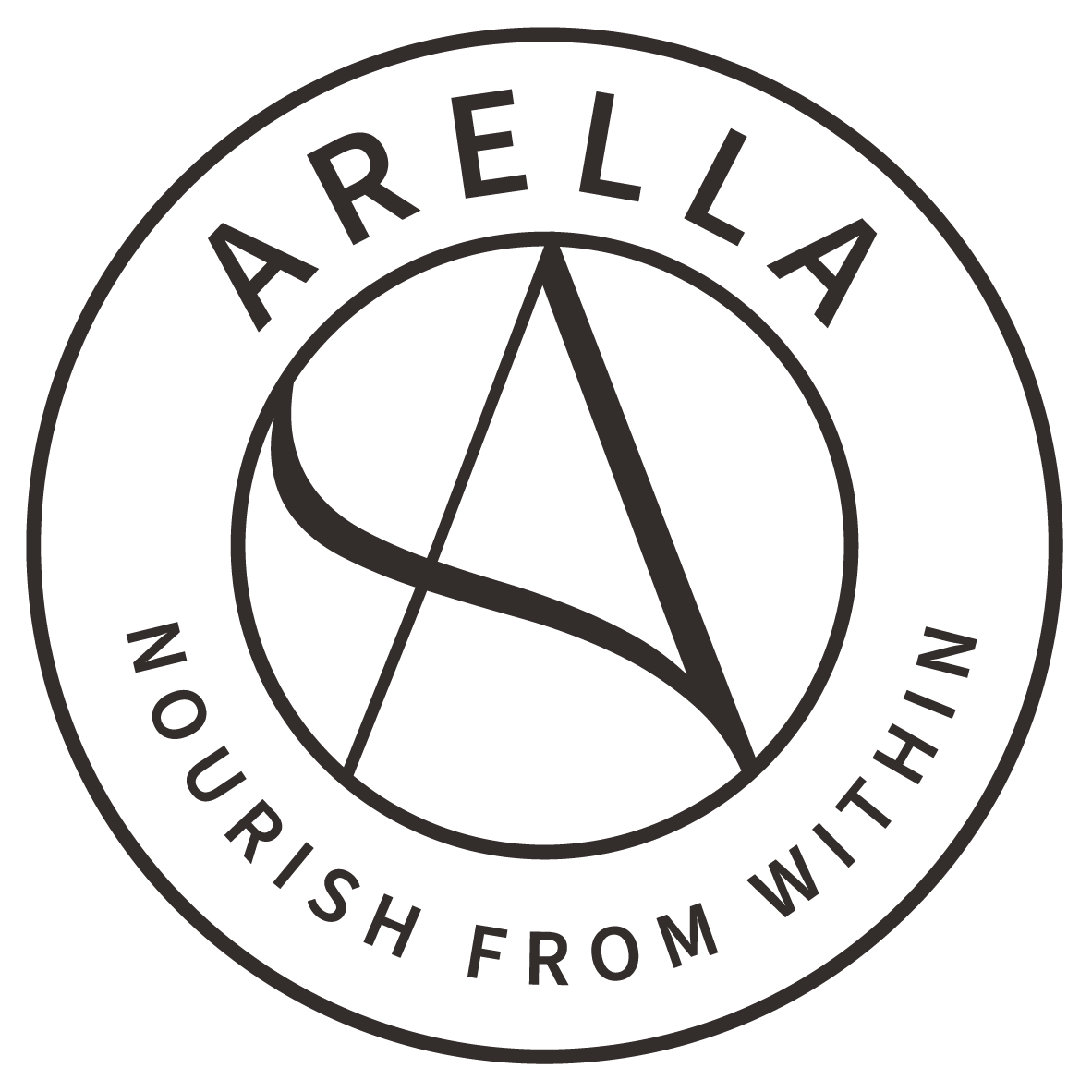As the long days of summer wind down, many of us find ourselves more tired than expected.
The constant heat, busy social calendars, travel, and lighter evenings can leave the body feeling worn out.
If you’re heading into autumn with low energy, you’re not alone.
This guide will look at what summer fatigue really means, why it happens, and how you can support yourself through nutrition, self-care, and consistent wellness habits.
Let’s prepare you to face the autumn feeling your very best.
Summer Fatigue vs. Heat Exhaustion
Summer fatigue is sometimes used interchangeably with heat exhaustion, but they don’t always mean the same thing.
Heat exhaustion is a medical condition that happens when the body overheats, leading to symptoms such as dizziness, nausea, or confusion.
It requires immediate rest and hydration, and in some cases medical attention.
Summer fatigue, on the other hand, is often used more broadly to describe the tiredness, sluggishness, and lack of focus that many people feel after months of heat, disrupted routines, and busy schedules.
And that’s what we want to focus on today - the everyday fatigue that lingers as summer turns to autumn and how you can gently recover from it.
We share more information on how to care for your skin after sun exposure here.
Why Summer Leaves You Feeling Drained
Lacking energy as we transition from the warmth of summer to those cooler autumn days is completely normal for many of us.
And there are a few reasons you may feel depleted at the end of summer:
● Heat and dehydration: Warm weather makes you lose fluids more quickly, even when you don’t realise it.
● Sleep disruption: Longer days and hotter nights can interfere with quality rest.
● Busy routines: Summer often means holidays, events, and less structure, which can be energising at the time but tiring afterwards.
● Seasonal change: Moving from light-filled months into shorter days can affect mood and energy.
Recognising these factors helps you respond with supportive habits rather than pushing through exhaustion.
Gentle Tips on How to Fix Summer Fatigue
Recovering from summer fatigue doesn’t require an overhaul - it starts with small, mindful, and manageable shifts that ease your body back into balance.

Resetting Your Energy Through Nutrition
Food is one of the simplest ways to rebuild energy levels as we move into the autumn and winter months. Try to focus on:
● Hydration: Keep water intake steady, and add herbal teas or water-rich foods like cucumber and melon.
● Balanced meals: Pair protein, healthy fats, and complex carbohydrates to keep blood sugar stable.
● Seasonal produce: Autumn brings grounding foods such as apples, squash, and leafy greens that nourish and stabilise energy.
Collagen can also support your wellbeing routine. Arella’s plant-based collagen supplements help maintain skin, hair, nails, and joints - a small act of daily self-care that also strengthens from within.
Building this into your nutrition plan gives you a consistent anchor as routines shift.
Prioritising Rest and Self-Care
After the busy energy of summer, slowing down is essential. Autumn brings us back to routine and encourages us to slow down a little. Try to:
● Re-establish a sleep routine: Aim for a consistent bedtime, a darker sleep environment, and calming habits before bed.
● Enjoy gentle movement: Walks, yoga, or Pilates can help circulation and improve energy without overloading the body.
● Prioritise your mind-body care: Journaling, meditation, or even just ten minutes of quiet time each day can help reset mental energy.
Think of self-care not as a luxury, but as part of the recovery process. Supplements like collagen or Pause can be included here as part of your daily rituals.

Support for Perimenopause and Menopause
For women in perimenopause and menopause, summer fatigue can feel even more intense.
Hormonal changes can already bring disrupted sleep, hot flushes, and low energy, and the extra demands of summer can make these symptoms harder to manage.
Simple shifts can help:
● Keeping rooms cool at night.
● Eating balanced meals with plenty of protein and fiber.
● Pacing yourself with social commitments.
Arella Pause was designed with this life stage in mind. It supports women navigating hormonal transitions, helping with energy, mood, and overall balance.
As summer ends and autumn begins, Pause can be a valuable part of a supportive routine.
Immune and Mood Support During the Seasonal Shift
Shorter days and cooler weather can affect vitamin D levels and make us more susceptible to seasonal bugs.
Support your immune system with nutrient-dense foods, adequate sleep, and steady routines.
Gentle exercise and time outdoors, even as the days shorten, can also help balance mood and maintain resilience.
Embracing the Transition Into Autumn
Rather than seeing summer fatigue as a setback, it can be reframed as a sign to slow down and reset.
Autumn naturally encourages grounding, reflection, and gentler routines.
By leaning into these seasonal rhythms - nourishing meals, consistent sleep, and small acts of self-care - you can recover energy and feel stronger moving forward.
Final Thoughts
If you’re feeling drained after summer, know that it’s normal. Recovery takes time, and the best approach is to focus on hydration, nourishing foods, rest, and simple self-care rituals.
Supplements like our vegan collagen and Pause can support your body through this transition, helping you feel more balanced and resilient.
By listening to your body and embracing the change of season, you can move into autumn feeling refreshed and renewed.





